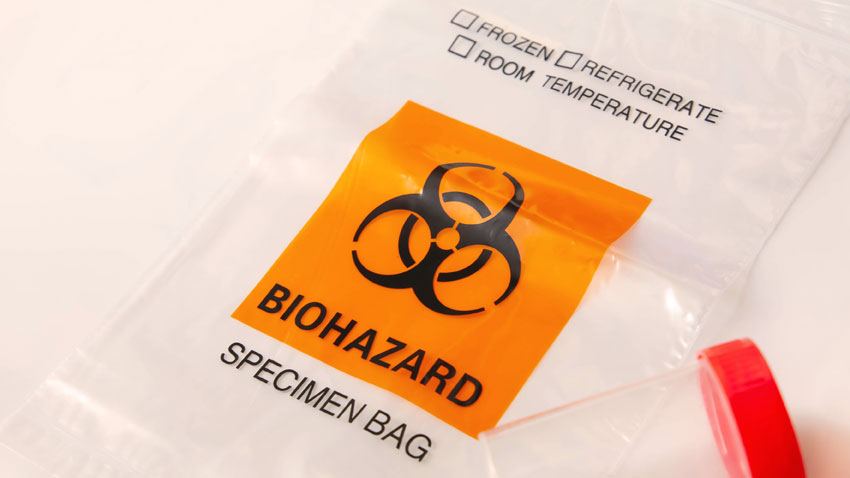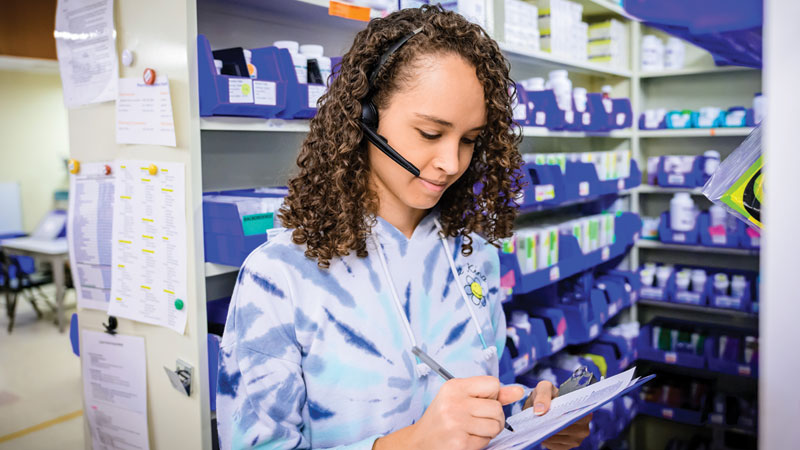Dr. Peters is clinical assistant professor of neurology.
Tell us about your background.
My family moved frequently when I was young, so after living in Champaign-Urbana for 10 years of undergraduate and graduate training, this town feels a little bit like the hometown I never had.
Since I graduated from veterinary school in 2005, my career has taken me from working as an ER veterinarian in New Orleans to becoming a board-certified veterinary neurologist running a busy service in multispecialty private practice for nearly a decade.
I have known Drs. Hague and Foss for a long time, and I still have very fond memories of so many of the doctors still working in the Veterinary Teaching Hospital today. When the University of Illinois opened up a position to join this excellent team, I knew this was a rare opportunity to work with trusted friends, respected mentors, experts in veterinary medicine, and experts across campus working on an exciting array of projects.
I am also passionate about teaching and am excited to be part of the future of veterinary education at the University of Illinois.
How did you become interested in neurology?
I have found the brain fascinating since my high school biology class when we talked about unusual syndromes as part of a lesson on the nervous system. This interest channeled me into a major in neurophysiology during my undergraduate years, and was reinforced during my rotating small animal medicine/surgery internship when I worked with a talented and encouraging veterinary neurologist.
Tell us about one of your favorite cases.
I have so many favorites that makes it hard to choose just one. One of the first that comes to mind is a sweet little dog named Chewie. Chewie was rescued by his new family, and he was in pretty rough shape. They did a great job helping to clean up his skin and haircoat and helping him to gain weight. During this time, they noticed that he had a funny walk and he also started to have seizure-like episodes, so Chewie came to see me for examination. We diagnosed him with an atlantoaxial subluxation, a life-threatening birth defect that causes spinal instability in the neck. He was otherwise healthy by that time, so his family let us perform a surgery to stabilize his neck. This is still my smallest surgery patient – his bones were less than a centimeter wide! He did great and is still living his best life with his family. His story was widely shared on The Dodo.
What are your special interests?
Professionally, I am most interested in neurosurgery, neurologic disorders in feline and non-traditional species, acupuncture and other complementary therapies, and creative teaching methods.
Personally, I love spending time with my family, gardening, photography, and I hope to become a decent ukulele player in the near future.




